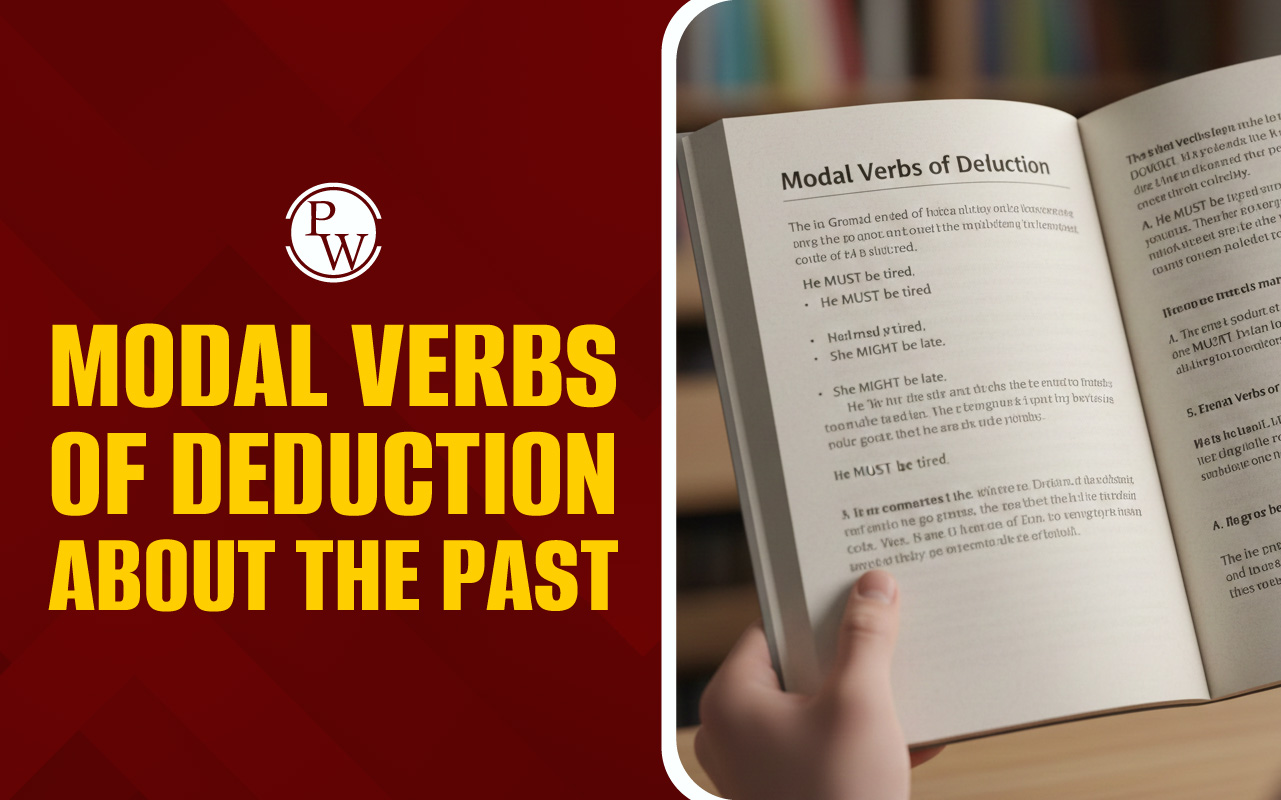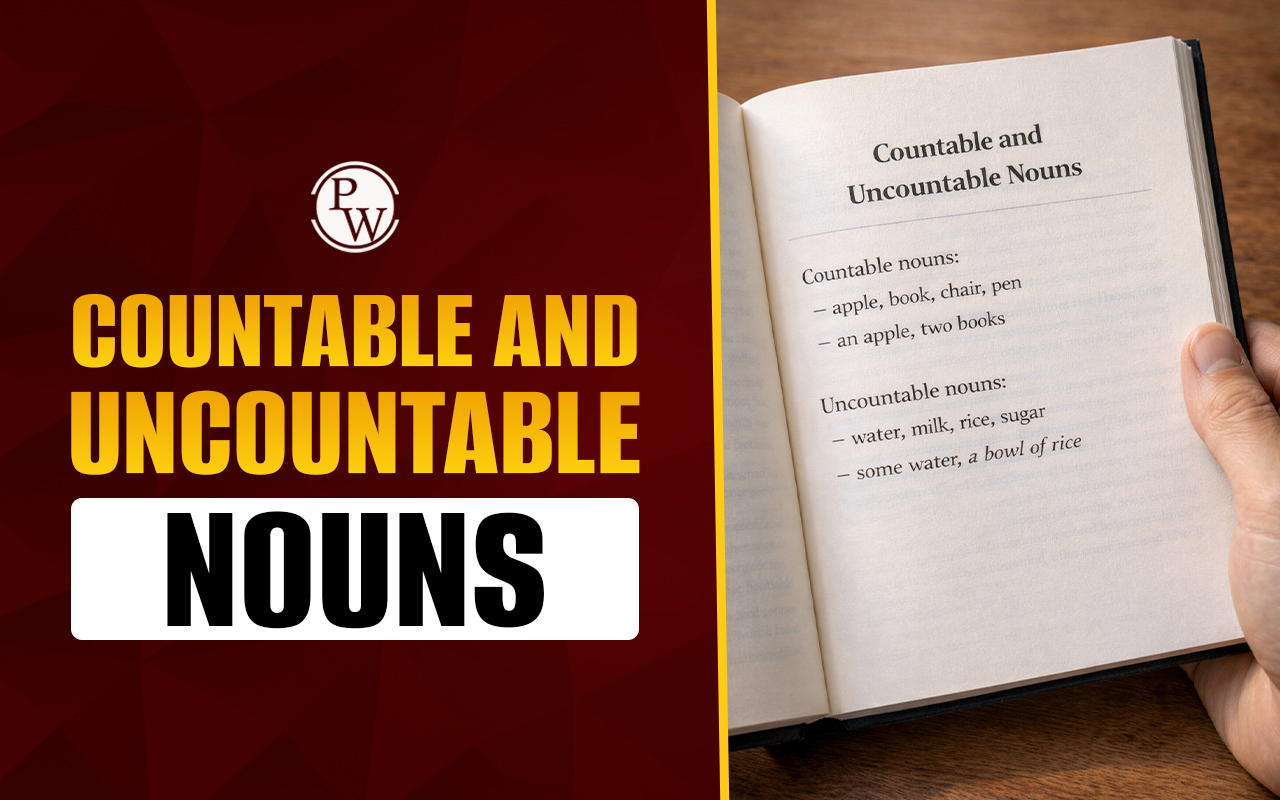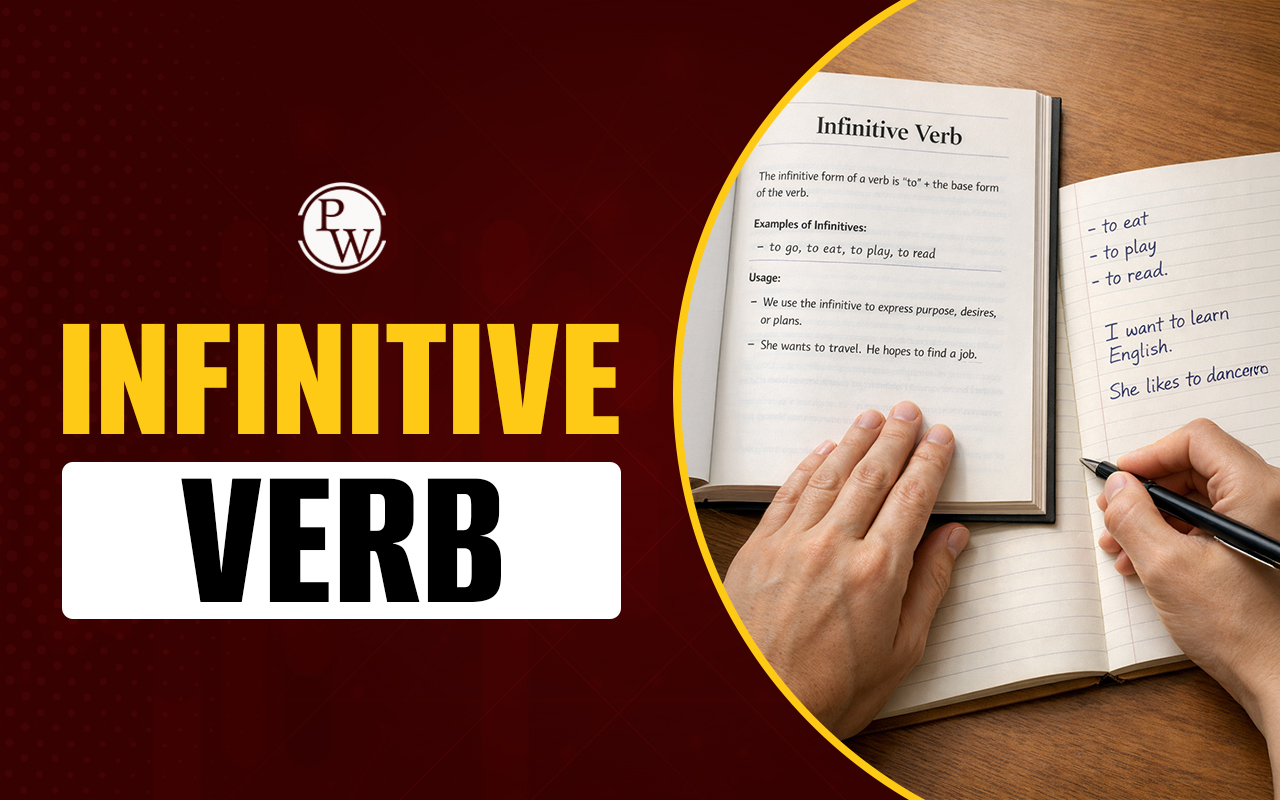
How Words are Counted in IELTS: Understanding how words are counted in the IELTS exam is important for achieving the desired band score, especially in the Writing section. Many candidates lose marks simply because they write fewer words than required or miscalculate their word count. This article explains how word counting works in IELTS and what you should keep in mind during the test.
IELTS Online Coaching, Free Courses for Study
How Words are Counted in IELTS?
IELTS Writing tasks come with specific word limits:
-
Task 1: Minimum 150 words
-
Task 2: Minimum 250 words
If you write less than the minimum required, you will lose marks under the Task Response criterion. Writing too much is not penalised directly, but it can lead to more grammar and cohesion issues, which may affect your score.
How IELTS Examiners Count Words
The IELTS examiners follow a standard set of rules when counting words. They do not use software tools but count manually based on clear guidelines.
Here are some basic rules examiners follow:
-
Every fully formed word counts as one word
-
Hyphenated words like "part-time" count as one word
-
Contractions like "don't" count as one word
-
Dates and numbers written as digits (e.g., 2025 or 1000) count as one word
-
Symbols or abbreviations (like $, %, etc.) are not counted unless attached to a word
-
Words joined by a slash (e.g., and/or) are counted as two words
Understanding these rules helps you manage your writing within the word limit.
Also Read:
- IELTS exam eligibility requirements
- Documents Required for IELTS Registration
- IELTS Test Slot Booking
Common Examples of Word Counting in IELTS
The following table shows examples of how different forms are counted in IELTS writing:
There are some useful word counting examples below for clarity.
|
Example |
Counted As |
Word Count |
|---|---|---|
|
I have a dog |
Each word |
4 words |
|
Don’t worry |
Contraction |
2 words |
|
A well-known writer |
Hyphenated |
3 words |
|
1,000 people attended |
Number |
3 words |
|
Monday/Tuesday |
Slash usage |
2 words |
|
E.g. or i.e. |
Abbreviation |
1 word |
|
$100 or 25% |
Symbol usage |
1 word |
What Is Not Counted as a Word?
Not every mark on the paper counts as a word. Some elements are ignored by examiners during word count.
Here is what is not included in the count:
-
Punctuation marks (e.g., commas, full stops, brackets)
-
Bullet points (since IELTS writing must be in paragraph form)
-
Titles or headings (if not part of the essay body)
-
Repetitions of a word still count separately
Word Count Tips for IELTS Writing
Keeping your word count accurate is vital to avoid penalties. Below are some practical tips to help manage your writing effectively.
Read these tips to maintain word accuracy and avoid unnecessary mistakes.
-
Don’t count manually during the test — estimate based on line count and average words per line.
-
Practice writing by hand with a timer and keep track of your usual word count per page.
-
Avoid over-writing — writing 100 extra words can increase the risk of errors.
-
Use full sentences only — bullet points are not allowed and will not count properly.
-
Always write above the minimum word limit to be safe (e.g., 160+ for Task 1 and 260+ for Task 2).
IELTS Writing Scoring, Marking Scheme and Score
Tools and Resources to Practice Word Count
Before the exam, it helps to use tools that check your word count. These resources can help improve your time management and accuracy.
Here are some helpful ways to estimate or check your word count during preparation:
-
Use word counters available online while practising typed essays
-
Count average words per handwritten line to estimate word count in test conditions
-
Download IELTS writing answer sheets and practise using official layouts
IELTS Writing Tips, Strategy, and Practice
What Happens If You Write Too Few Words?
Writing less than the required number of words results in a lower band score. The examiner will mark you down under Task Response or Task Achievement.
Here is how it can affect your performance:
-
You may not fully develop your argument or present enough details
-
Your ideas may appear incomplete or under-explained
-
The response may lack coherence due to missing information
Always aim to write slightly more than the minimum to be safe, but avoid long, unfocused answers.
| IELTS Reading Band Score | IELTS Listening Band Score |
| IELTS Speaking Band Score | IELTS Writing Band Score |
How words are counted in IELTS FAQs
Are symbols like $ or % counted as words in IELTS?
Do hyphenated words count as one or two words?
Will I lose marks if I write fewer than 250 words in Task 2?
Should I count words during the exam?








